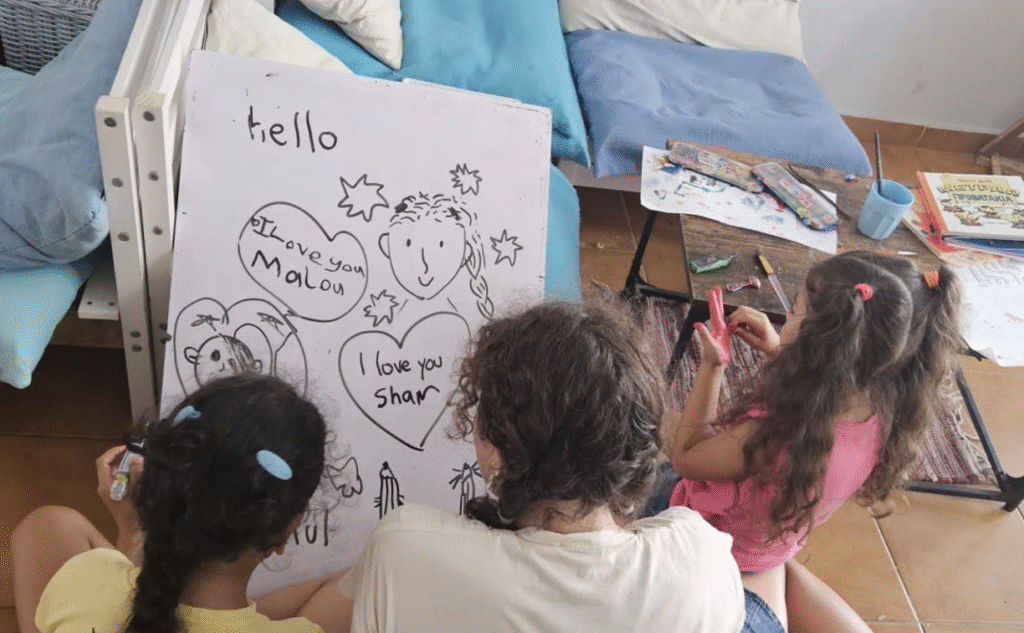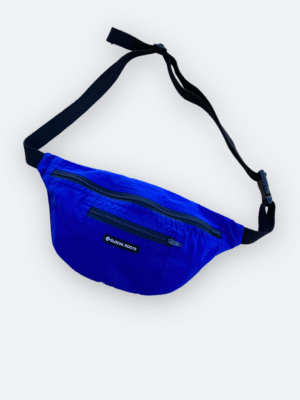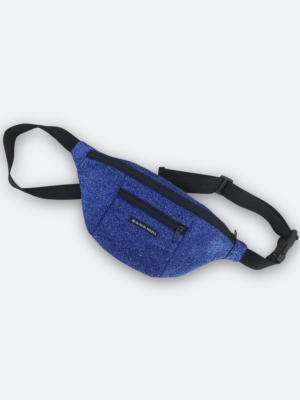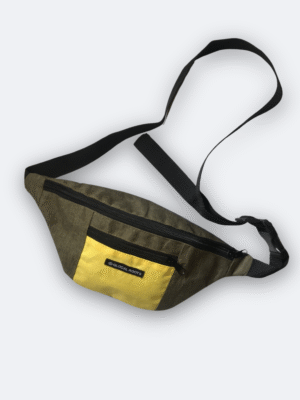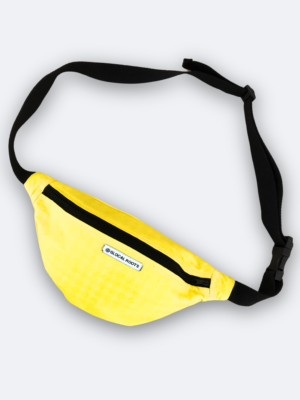Glocal Insight
Back to School, Not for Every Child
We have a frequent little visitor at our community centre on Kos. Her name is Naima, her favourite colour is pink, and like any respectable 5-year-old she is completely obsessed with Peppa Pig. From the moment she steps into the Hub, she is full of energy, excitedly zipping back and forth between painting, puzzles and colouring. She’s funny and curious and has a way of making everyone around her smile without even trying. Her mother says that every morning Naima asks to come back to the Hub saying: “Mommy, can we go to school today?”. For her, our centre with its games and colours is the closest thing she has to a classroom.
Education is a fundamental human right, enshrined in the 1989 Convention on the Rights of the Child, and the 1951 Refugee Convention. To deny it is to deny a child the chance to grow, to be safe, and to belong. Education is a lifeline. Yet, this right remains out of reach for many refugee children with 49% being out of school. During humanitarian crisis education is side lined. Between 2010 and 2017 less than 3% of humanitarian funds were allocated to education. Even though education is at the core of the realization of so many other human rights. To claim, enjoy and protect your rights – whether they be social, economic, cultural, political or civil – education is a fundamental tool. School plays a key role in every aspect of a child’s development. Going beyond cognitive skills like reading and numeracy, it also nurtures social and emotional growth. The classroom offers structure, routine, and safety. It is where children learn to cooperate, to build relationships, and build self-confidence. School also introduces children to sport. More than a simple form of recreation, physical education provides children with the opportunity to connect, to practice teamwork, and to experience the joy of shared achievement. Sport fosters resilience and self-worth.
Inside the walls of Kos CCAC (Closed Controlled Access Centre), children have no access to education and little space for play or recreation. Their living space is unsanitary, infested with cockroaches, they have limited access to food and hygiene products, showers are scarce, privacy is non-existent. Nutrition, access to physical and mental health care, protection from harm, a sense of security, opportunities for learning are basic ingredients children need to thrive. Inside the CCAC, all of these are severely lacking. This is especially pronounced in the cases of unaccompanied minors who reside within “Safe Areas”. These are closed and heavily securitized spaces where young people are effectively deprived of any freedom of movement and subject to prolonged periods of confinement. Despite some children having family members in the camp, such as older siblings, cousins, aunts or uncles, they are not allowed to receive visits from. A recent report by Equal Rights Beyond Borders, based on fieldwork and case documentation, underlines the degrading and unlawful conditions faced by these minors. Cut off from any contact with education, play, and wider community life, their vulnerability is furthermore amplified. One young man, reflecting on his time there, told us: “When you take education away from a child, the child is lost”. For him, the days there offer little more than basic survival: “If you don’t eat you die. I eat because I don’t have a choice”. Boredom and confinement dominate the hours in between: “We do nothing all day. We sleep”. Amid everything he has lost and all the pain he carries, the only thing he clings onto is a fragile self-reassurance: “To reassure myself, I tell myself everyone deserves happiness.” It’s a thread so thin, yet it’s all he has to hold onto, as for now, he waits completely alone, his family thousands of kilometres away, on an island that offers him neither home nor hope.
Even after individuals receive their refugee status, the same obstacles to find access to education persist. The story of one of our visitors, a Palestinian man named L., sheds light on this reality. He had recently arrived on Kos with his wife and their seven-year-old daughter. She is bright, curious, and endlessly eager to learn. “She speaks Arabic, Turkish, and English. And now she is learning Greek” her father told me proudly “I came here for my daughter. For her education. I don’t care where I live or where I work”. With the tourist season coming to an end on Kos, most jobs being tied to hotels and restaurants will soon disappear. For people on the move, this means there is no opportunity for long-term work, affordable housing, or access to schooling. This is the reality L. and his family faced. There was no place for them on the island. L. felt forced to move to Athens carried by the hope of finding what the island cannot offer: a job, a home, and most importantly a classroom for his daughter.
Seeing the urgency of giving children access to learning, in April 2018, KEDU – a non-formal school run on Kos Island by UNHCR’s partner ARSIS (Association for the Social Support of Youth) – opened to children living at Pyli Reception and Identification Centre. It was able to provide a safe and welcoming classroom to over 100 eager learners every day. The project has since shut down but a government run school was opened in Zipari to substitute. However, the space is limited to 50. An oddly modest figure, given that our own centre sees over 200 children each month and that this is not even counting those confined to the “safe areas” or those inside the Kos CCAC who don’t come inside our Hub. Furthermore, since the school transitioned from non-formal to a formal, accessing the school has become a slow and cumbersome process. First, families must navigate long bureaucratic and official procedures. Then, even when a child’s enrolment is approved, the timing rarely aligns with the realities of life in the camp. By the time a spot frees up, many children have already left the island as when they are given refugee status they have up to 30 days to leave the camp. What should be a basic right, the right to learn, becomes a bureaucratic maze. In the end, the hundreds of refugee children on Kos are either left without any access to education, forced to wait months, or simply miss out entirely. And paradoxically, while these children struggle to find a classroom, Greece is closing more than 750 schools this year because there are too few pupils. As the demographic crisis deepens, the Education Ministry’s recent decision underlines a bitter irony.
This September, children across Greece have packed their schoolbags, returned to classrooms, greeted friends they’ve missed all summer and braced themselves for the first test of the year. Naima has not.
*All names have been changed or abbreviated to protect the identity of our visitors
